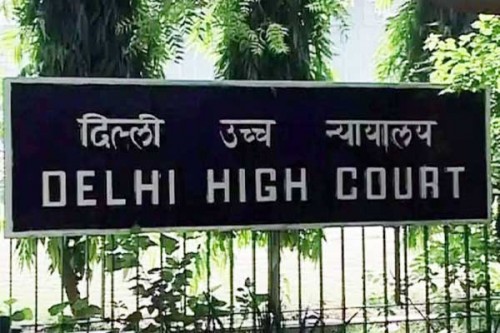Delhi High Court clarifies government's power over drug formulation prices

New Delhi, Nov 14 (IANS) The Delhi High Court has clarified the government's authority regarding the Maximum Retail Price (MRP) of non-scheduled drug formulations.
The court held that the government possesses the power to "monitor" the MRP but not to fix or revise it under Para 20 of the Drugs (Price Control) Order, 2013 (DPCO 2013).
Pharmaceutical companies have filed Letters Patent Appeals (LPAs) challenging the interpretation of Para 20, which deals with the monitoring of non-scheduled formulations' MRP.
The court rejected the argument that non-scheduled drugs are outside the purview of the price control regime under DPCO 2013, asserting that they are part of a price "monitoring" mechanism envisaged under National Pharmaceuticals Pricing Policy (NPPP) 2012.
It drew a contrast with DPCO 1995, highlighting that the power to fix and revise prices for non-scheduled formulations had intentionally been eliminated under DPCO 2013.
The court clarified that DPCO 2013 only applies to drug formulations, not bulk drugs, and that Para 20 is not a penal provision but part of a price monitoring system.
The judgement said that the consequences for a transgression by a manufacturer include depositing the overcharged amount with interest and reducing the MRP of the formulation.
The court applied a literal construction rule, interpreting the words 'preceding' and 'next' in Para 20 to mean the 12 months immediately prior/after the date of MRP increase.
Rounding-off of MRP was deemed applicable to non-scheduled formulations, with the benefit limited to two decimal points, in line with NPPA's Minutes of Meeting dated April 12, 2016.

|

|

